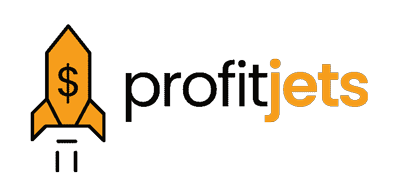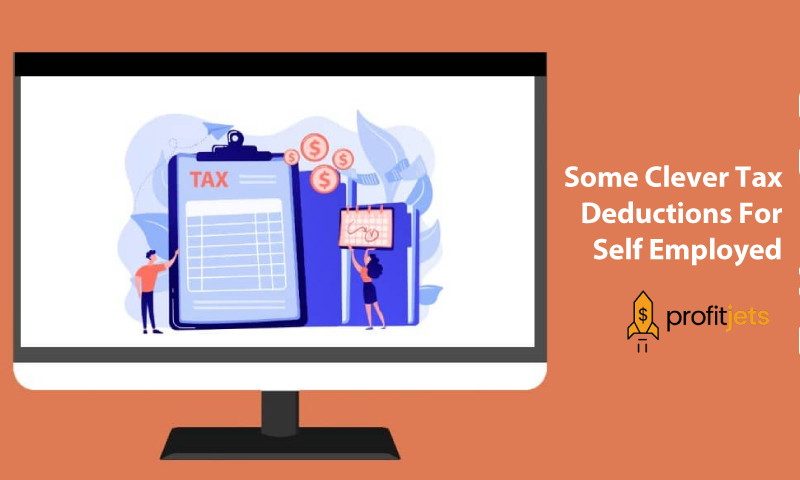If you’re self-employed, you’re likely wondering about some clever tax deductions you can take advantage of. After all, as a self-employed person, you are responsible for paying your taxes. And while there are a lot of different tax deductions available to self-employed people, we’ve compiled a list of the most common ones. From mortgage interest to car expenses, this list has something for everyone. So if you’re self-employed and looking to save on your taxes, check it out! Fortunately, there are a few clever tax deductions that self-employed professionals can take advantage of. This article will explore the most common tax deductions for self-employed professionals. So whether you’re starting your own business or need to save on your taxes, read on to learn about the options available!
What Exactly Is Self-Employment?

In its simplest form, self-employment is when you earn a living by running your own business or providing your services as a freelancer or contractor. This means you are in charge of your work schedule, income, and career growth. Of course, being your boss comes with its own set of challenges. You’ll need to be disciplined and organized and have a strong work ethic to succeed. But if you’re up for the task, self-employment can be an enriching experience.
Not sure if self-employment is right for you? Here are a few things to consider:
- Do you have a great business idea?
- Are you motivated and driven?
- Do you enjoy working independently?
- Do you have the ability to market and sell your products or services?
- 5. Do you have strong time management and organizational skills?
Upsides and Downsides of Self Employment

Self-employment has many benefits, including the ability to work from anywhere in the world and forge your own path. However, there are also some potential downsides that you should be aware of before deciding whether or not this is right for you. First and foremost, self-employment can be highly demanding on your time and energy. If you’re already struggling with balancing work and personal obligations, becoming a freelance writer or consultant may not be your best option.
Second, as self-employed individuals generally don’t have traditional employee benefits like healthcare insurance or retirement planning coverage, they must take care of these areas themselves. This could lead to higher costs down the road if something happens that requires expensive treatment or needs extra attention during retirement years.
Finally, when working as a freelancer or entrepreneur yourself, you must ensure that your clients are happy with your services.
The Advantages of Self Employment

There are many advantages to being self-employed. You can set your hours, work from home, and be your boss. However, there are also some disadvantages to self-employment. You may have trouble finding clients, have irregular income, and face job insecurity.
Considering becoming self-employed, it’s essential to weigh the pros and cons carefully. Here are some of the advantages and disadvantages of self-employment:
Advantages:
- You’re in control of your schedule.
- You can work from home.
- You’re your boss.
- You can do as much or as little work as you want.
- You have the potential to earn more money than if you were employed by someone else.
- You’re in charge of your career development.
- You can take advantage of tax deductions for self-employed individuals.
- You have more flexibility when taking time off work.
- You can work when you want, whether during the day or at night.
- You have more control over your income and working conditions.
Deductible Items for Self Employed

When you are self-employed, there are several items that you can deduct from your taxes. This can include office expenses, supplies, equipment, and even some of your travel expenses. Keeping track of these expenses can maximize your deductions and save money on your taxes.
Office Expenses: If you have a home office, you can deduct a portion of your rent or mortgage, utilities, and other expenses. You will need to calculate the percentage of your home used for business purposes to determine the deduction.
Supplies: Any supplies used for business purposes can be deducted from your taxes. This includes things like printer ink, paper, and other office supplies.
Equipment: If you have any equipment used for business purposes, you can deduct a portion of the cost from your taxes. This includes computers, software, printers, and other office equipment.
Travel Expenses: If you travel for business purposes, you can deduct some of the costs from your taxes. This includes airfare, hotel expenses, and rental cars. You will need to keep track of your travel expenses to deduct them correctly.
What are the Basic Tax Deductions for Self-Employed People?
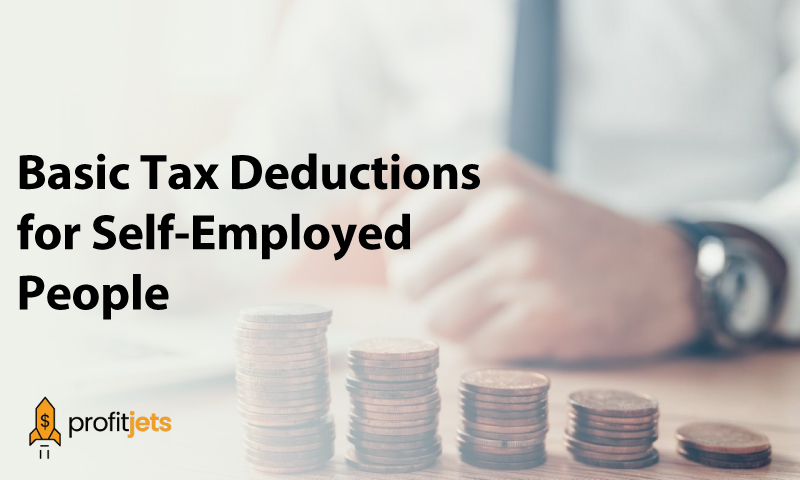
like a self-employed personage, you are responsible for paying your taxes. This can be a bit daunting, but luckily there are a few deductions you can take to lower your tax bill. Here are the basic assumptions for self-employed people:
Deductions for Day Care

There are a few different deductions that you may be able to claim on your taxes as a daycare provider. These include the cost of supplies, daily caregiver wages, and any expenses associated with running the business. You can also deduct any state or local income or sales taxes you have paid while operating your daycare.
All these costs are deductible if you’re self-employed and run your daycare from home. Suppose you’re working for an employer who provides child-rearing services through their company. In that case, only part of these costs can be deducted depending on the arrangement between employee and employer.
Deductions for Putting Your Kids on Your Insurance Plan

If you have kids, you’re probably always looking for ways to save money. Putting them on your insurance plan is one way to do that. Here are some deductions you may be able to have the advantage of:
1. Dependent care expenses: If you have to pay for childcare so you can work, you may be able to deduct those expenses from your taxes.
2. Health insurance premiums: You can deduct the cost of your health insurance premiums if you itemize your deductions.
3. Child and dependent care tax credit: If you paid for childcare or other dependent care expenses, you might be eligible for this tax credit.
4. Earned income tax credit: This is a tax credit for low- and moderate-income taxpayers who have earned income from employment or self-employment.
5. Child tax credit: You may be able to take this deduction if you have a child under the age of 17.
6. Adoption tax credit: If you adopted a child, you might be eligible for this tax credit.
Deductions for Marketing Materials

If you’re self-employed, you may be able to deduct the cost of marketing materials that you use to promote your business. This could include business cards, flyers, and website design costs. Please keep track of your expenses to itemize them on your tax return. If you’re employed, your employer may also be able to deduct the cost of marketing materials that you use to promote your job.
Deductions for Meals with Clients

If you’re in the business of entertaining clients, the IRS allows you to deduct 50% of the cost of meals and beverages. This includes business-related lunches, dinners, and other types of food and drink events. Remember that the deduction is only available for the cost of the food and drink itself—not for any tips or other related expenses.
Deductions for Client Travel Expenses

When it comes to business travel, there are a few key deductions that you can take advantage of to save some money. Here are a few of the most important premises for client travel expenses:
1. Airfare: You can deduct your airfare cost when travelling for business purposes. This includes both the cost of your ticket and any baggage fees that you may have incurred.
2. Lodging: You can also deduct the cost of lodging when travelling for business purposes. This includes the cost of your hotel room and any incidentals you may have incurred (such as room service).
3. Transportation: You can deduct your transportation cost when travelling for business purposes. This includes the price of your rental car and any gasoline you may have purchased.
4. Meals: You can deduct the cost of your meals when travelling for business purposes. This includes the cost of your food and any tips you may have left for your server.
Getting Started With Taxes
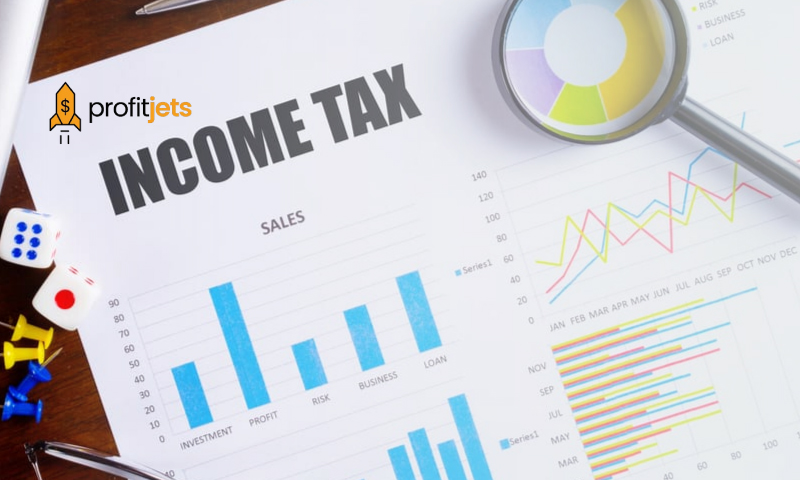
Getting started with taxes can be complex and confusing, but staying on top of your finances is essential. Our blog section can help you get started with everything you need to know about filing your taxes. We’ll walk you through the basics of tax preparation, answer common questions, and provide resources to help you make the most of your tax return.
Home Office Deduction
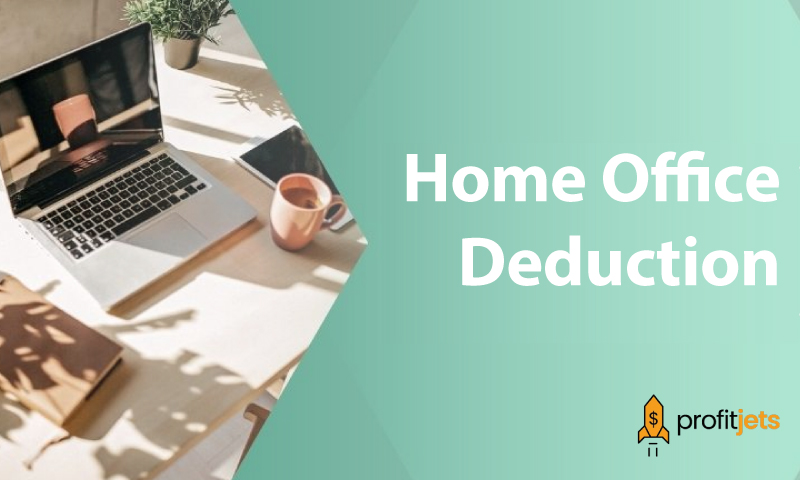
The home office deduction is a famous tax break that lets you deduct the cost of your primary residence, including expenses such as mortgage interest, property taxes, and depreciation. This means that even if you regularly work from outside the home, part of your paycheck may still be eligible for this deduction. Additionally, it can also help to reduce your overall taxable income.
There are some limitations to the home office deduction, however. The most important rule is that your principal place of business must be at least 50 miles from your house to qualify for this benefit. And finally, only single-member households are eligible for this deduction unless their traditional principal place of residence (their parent’s house) is also their primary place of business. So carefully consider all relevant factors when filing your 2018 taxes!
Travel Deduction
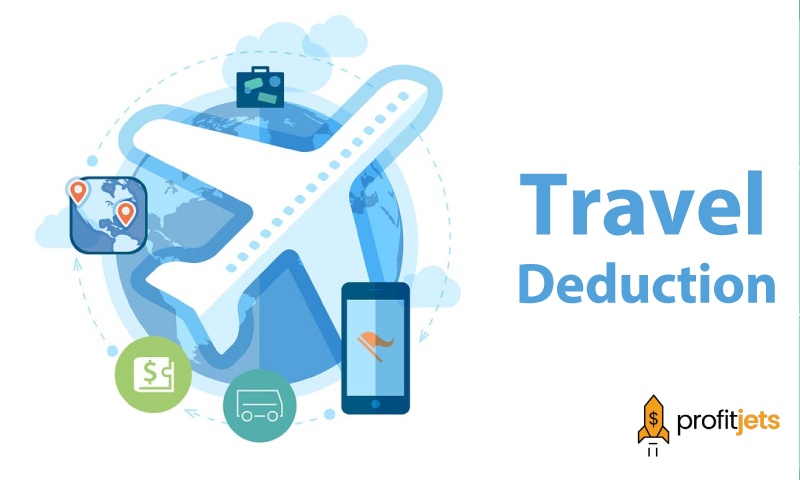
If you are self-employed, you can deduct the cost of travel when it is related to your business. This includes the cost of airfare, hotels, car rentals, and meals. Be sure to keep receipts and records of your travel expenses.
Clothing Deduction

As a self-employed individual, you can deduct the cost of your work-related clothing from your taxes. This deduction can be taken for both the cost of purchasing new clothing and maintaining and cleaning your existing work wardrobe. To qualify, the dress must be designed for and used in your job. For example, you can deduct the cost of your chef’s whites if you are a chef.
Cell Phone Expense Deduction

If you’re self-employed, you can deduct a portion of your cell phone bill as a business expense. This deduction is available whether you use a personal or business cell phone, and it can be a significant saving if you have a large cell phone bill.
To deduct your cell phone expenses, you’ll need to keep detailed records of your usage. You’ll need to track how much time you use your phone for business purposes and how much time you use it for personal purposes. You can then calculate a percentage of your total bill that can be deducted as a business expense.
Car Mileage Deduction

You can deduct your car mileage from your taxes if you’re self-employed. This is a significant deduction for those who use their car for business purposes. The IRS allows you to deduct 58 cents per mile driven for business purposes. This deduction can add up and save you a lot of money at tax time.
Conclusion
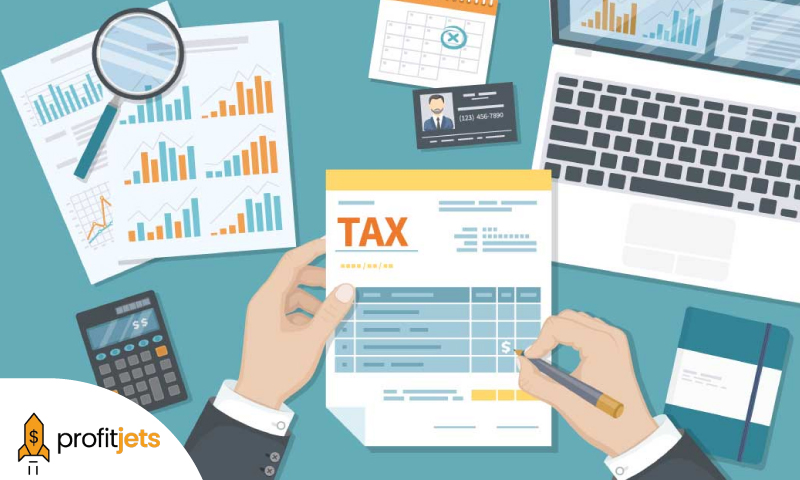
There are several clever tax deductions that self-employed individuals can take advantage of. By being mindful of these deductions, you can save significant money come tax time. So be sure to keep track of your expenses and consult with a tax professional to ensure that you take advantage of all the deductions you’re entitled to.
